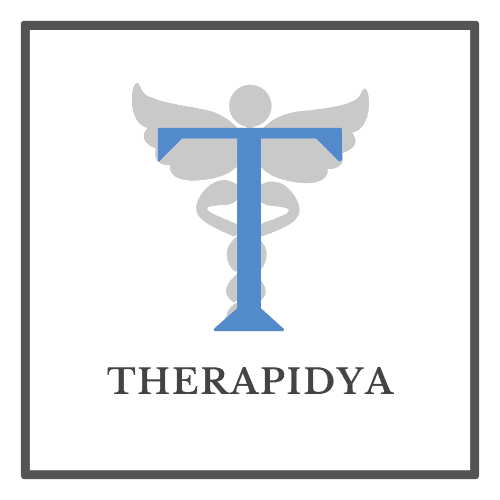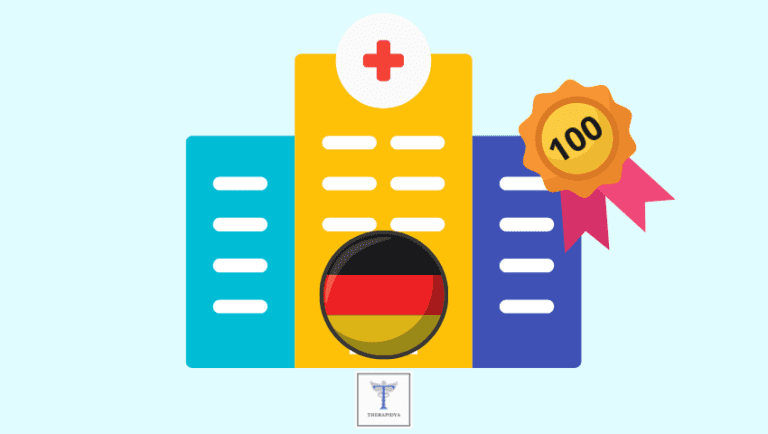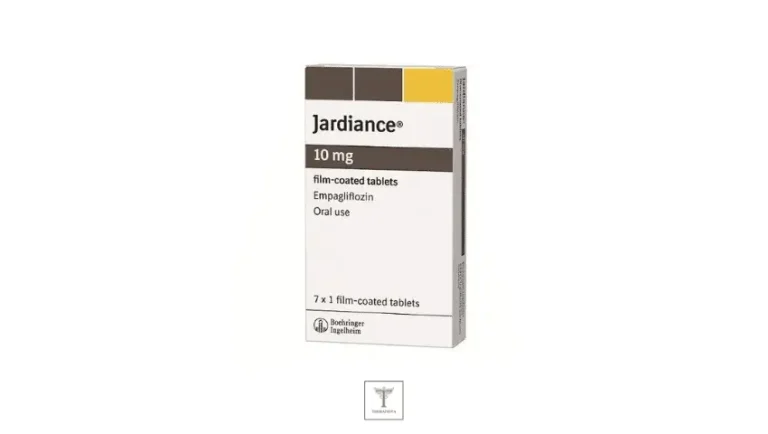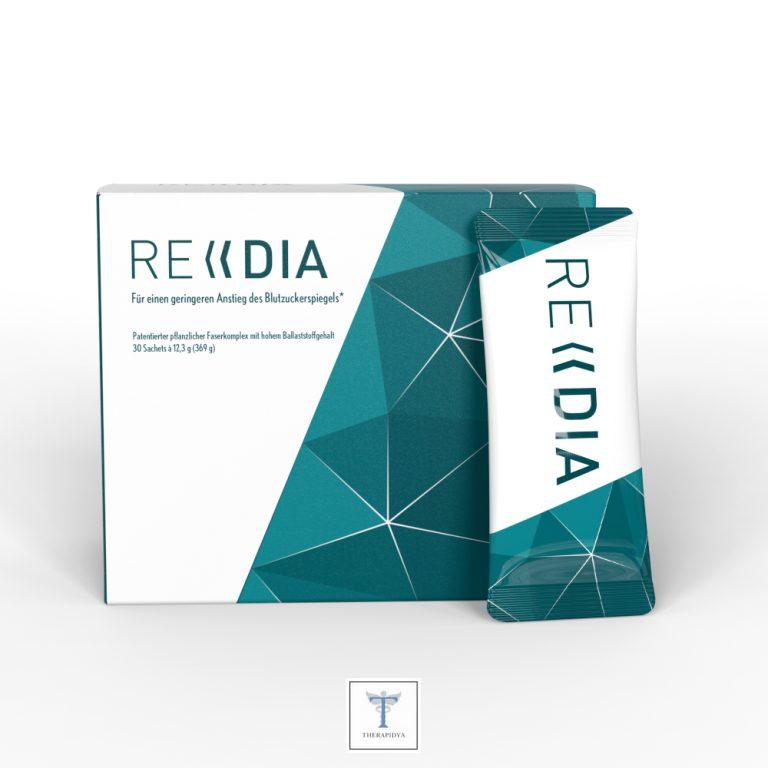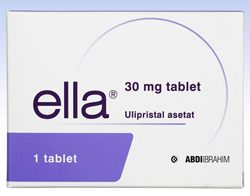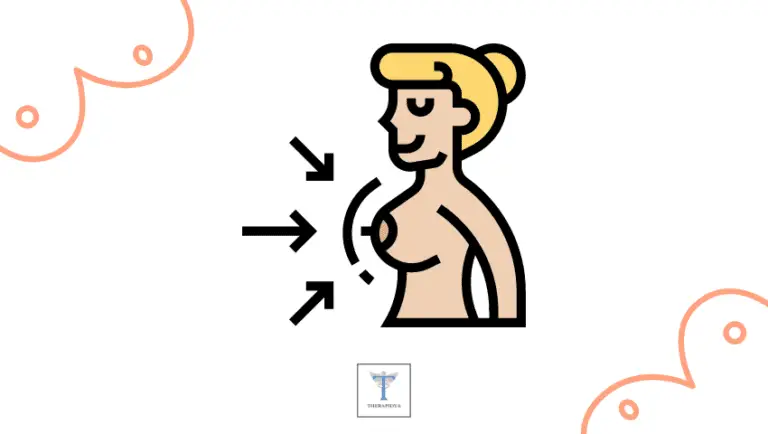Preventing Digestive Diseases During Hajj .. 2023
In this article we will be informing you about preventing digestive diseases during Hajj. Several days separate us from the Hajj season, as large numbers of people go to Saudi Arabia from different parts of the world to perform the Hajj rituals.
Due to the crowding that it witnesses, it is easy to transmit infectious viruses between pilgrims, which makes it difficult for the infected pilgrim to perform the rituals as required. Everything you need to know about the prevention of digestive diseases during Hajj is presented to you in the following article:
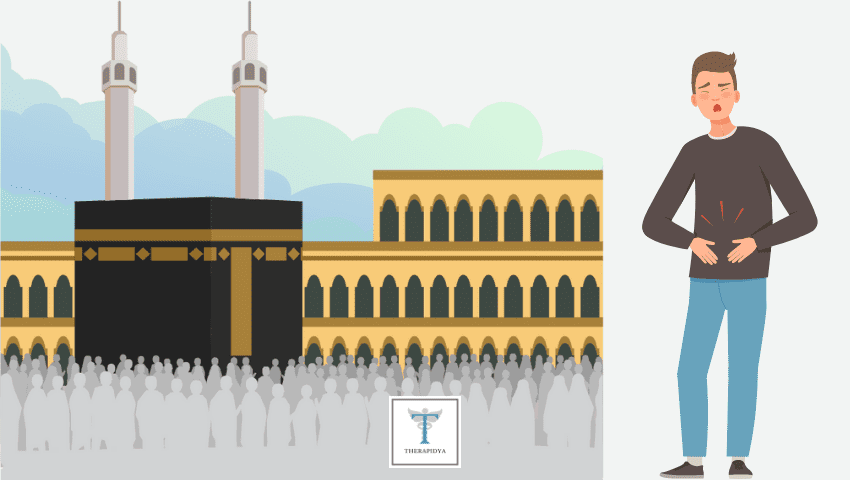
Preventing Digestive Diseases During Hajj
As a result of pilgrim crowding and changes in eating habits and other aspects of day-to-day life, the digestive system is one of the organs in the body that is among the most susceptible to infection and viruses. This is in addition to the respiratory system.
As a consequence of this, we focused on ways to prevent digestive diseases during Hajj, which may affect pilgrims, rather than addressing the pilgrims’ feelings of heartburn, fullness of the abdomen, and other symptoms of gastrointestinal disease.
Also read: Online shopping Saudi Arabia
A variety of gastrointestinal diseases that affect pilgrims, include:
- Diarrhea
- Constipation
- Vomiting and nausea
- Food poisoning
And the most vulnerable groups to infection with these diseases with low immunity, which include pregnant women , children, the elderly, and those with chronic diseases.
Diarrhea
Symptoms associated with diarrhea can be divided into two parts: mild diarrhea and acute diarrhea. The appearance of severe diarrhea may be an indication and evidence of another, more severe disease.
Symptoms of Diarrhea
- Abdominal distension or intestinal cramps
- Loose stools
- Watery stool
- Urgent feeling that the intestines need to work
- Feeling nauseous and vomiting
To avoid diarrhea, pilgrims should follow the following advice :
- Avoid high-fat meals
- Ensure the cleanliness of food and its source before eating it
- Drink fluids frequently to avoid dehydration
- Avoid consuming unsafe food and drinks
- Drinks should be drunk from closed bottles
- Make sure the water is clean before drinking it, and boil it if you doubt its cleanliness
- Avoid eating uncovered food from the street and street vendors
- It is preferable to focus on eating fruits that are peeled, such as: bananas
In the event that a pilgrim suffers from diarrhea, he must drink enough water so that he does not become dehydrated.
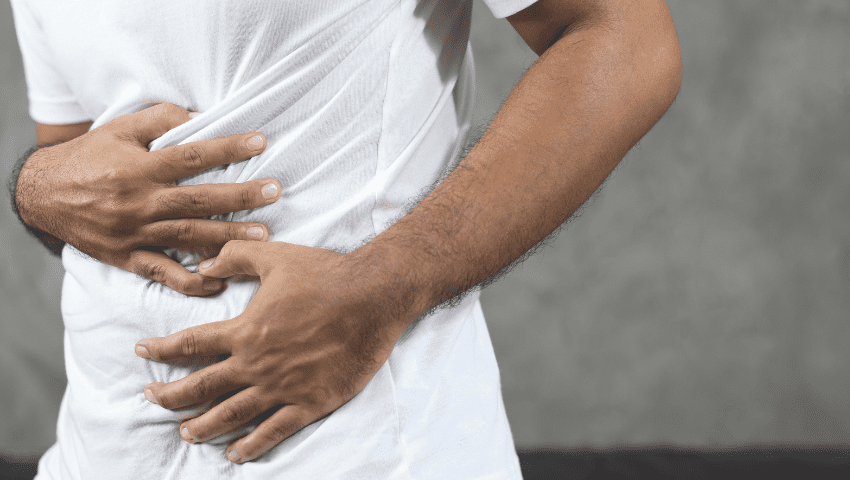
Constipation
Constipation is often treated with some preventative methods, home remedies, and lifestyle changes to solve the problem of constipation.
But in some cases of constipation resulting from a blockage in the large intestine, you may need medical care to avoid any of the health complications that result from the development of constipation.
Symptoms of Constipation
Known symptoms of constipation can also include:
- Discomfort when going to the bathroom
- Abdominal bloating
- Stool pain
- Hard stools that are difficult to pass
Because of the change in diet, high weather and dehydration, you may get constipated, so to avoid this we advise you to:
- Take care to take the daily ration of dietary fiber by eating vegetables, fruits, and legumes
- Drink enough fluids
Food Poisoning
To prevent food poisoning, the following must be observed:
- Make sure to wash vegetables and fruits well
- The necessity of washing hands with soap and water when preparing and eating food
- Avoid drinking unpasteurized milk
- Avoid eating raw foods, such as: eggs, or what is included in their ingredients, such as: mayonnaise
- Not storing cooked food for long periods of time while moving between feelings, as storing food for long periods in hot weather causes bacteria to multiply in it
- Ensure that the water is clean before drinking it, and if there are doubts about its cleanliness, boil it before drinking it
And if you feel, dear pilgrim, tired and exhausted , we advise you to take a rest and stay away from the sun as much as possible, and if there is a need, visit the nearest doctor to check on your health.
This post is also available in: Dansk (Danish) Nederlands (Dutch) Français (French) Deutsch (German) עברית (Hebrew) Italiano (Italian) Polski (Polish) Română (Romanian) Русский (Russian) Türkçe (Turkish) Español (Spanish) Български (Bulgarian)
